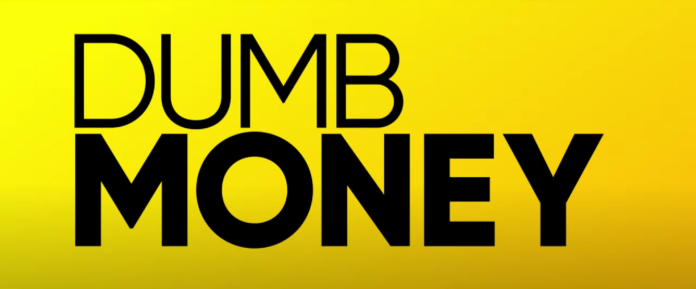Dumb Money is a portrait of class warfare in the digital age. It’s a story about economic inequality, careless, crass vulgarity and a society without a future. Yet, somehow, it handles all of these concepts with the care it deserves and with loads of snarky humor.
From 2020 to 2021, a brief war waged by rebellious commandos armed with keyboards and touch screens was launched against Wall Street hedge funds. They took issue with how these companies bleed businesses dry to profit from their collapse, specifically after one such company decided to bleed Gamestop. However, the conflict itself was much more complicated than it seems on paper.
For the most part, the characters are what really shine through in Dumb Money. It is a wonderfully warm and likeable collection of dorky Redditors, art school lesbians, debt-ridden hospital workers and much less agreeable incompetent one percenters.
Everyone’s a little goofy and awkward and has moments of subtle but endlessly charming characterization. The example of this that instantly comes to mind is in Paul Dano’s introductory scene, where he puts on a red headband before raising his fists and wordlessly mouthing “hadouken.” It’s unironically adorable.
Its characters are often nerds who grew up on video games, motivated to political action as the rich hone in on a store that many feel nostalgic for. However, because of this, a decent amount of the jokes are steeped in Reddit humor, and so casual ableism and homophobia run rampant.
The amount of times the R-word is dropped alone would turn early seasons of South Park and Venture Bros’ cheeks just a tad rosy to say the least. It was genuinely jarring to hear at points. Whether or not you find it funny, it’s still pretty important to understand the context of the movement, the surrealist mania of internet culture and the messy, controversial, yet ultimately unifying nature of collectivism.
The film, directed by Craig Gillespie (of I, Tonya fame), contains a good amount of social commentary. Unfortunately, Dumb Money is a bit weaker in its criticism than I, Tonya.
What made I, Tonya work was a palpable sense of white hot rage. It was a letter drenched in all-consuming fury, pushing against ingrained classism, misogyny, and violence in American society. While Dumb Money does have antagonistic forces, they never really leave the audience as angry as they ought to.
The villains feel a little under-utilized as well. Although this does come with the benefit of making the film much more worker-centric, it also means that Nick Offerman being a rich libertarian hedge fund manager rarely gets any time to be as funny as it actually is. This is a tale that, while ultimately silly, still deserves a bit more raging against the machine.
Dumb Money is funny, charming and at points reaches the edge-of-your-seat transcendence of the best bleak, dark satires. It’s flawed, but if you enjoyed films like The Big Short, The Laundromat or are missing that Succession-shaped hole in your heart, it’s certainly worth a shot.

